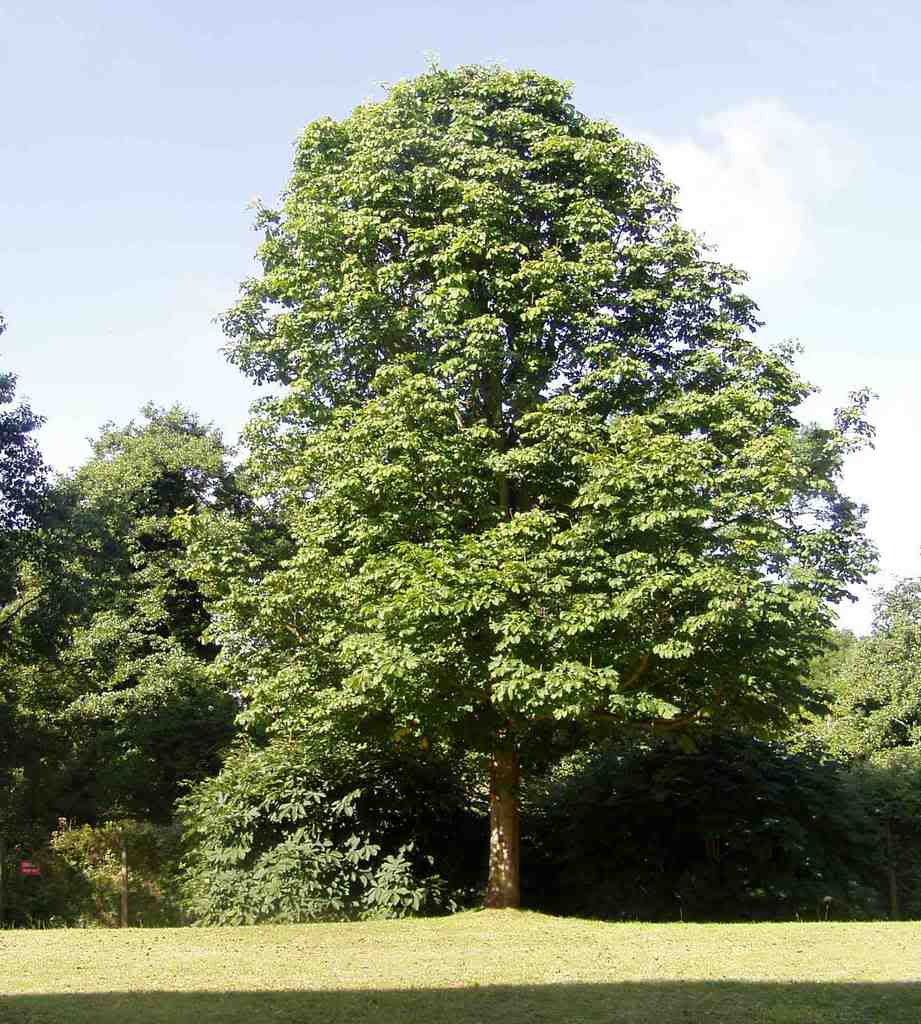Her teeth are tolerable
During the 1770's dentistry was becoming a popular subject and profession. The higher the class the more access to sweets that could cause cavities and decay in teeth. However, these classes also had access to tooth powders and picks (Jane Austen's England: Daily Life in Georgian and Regency Periods).



